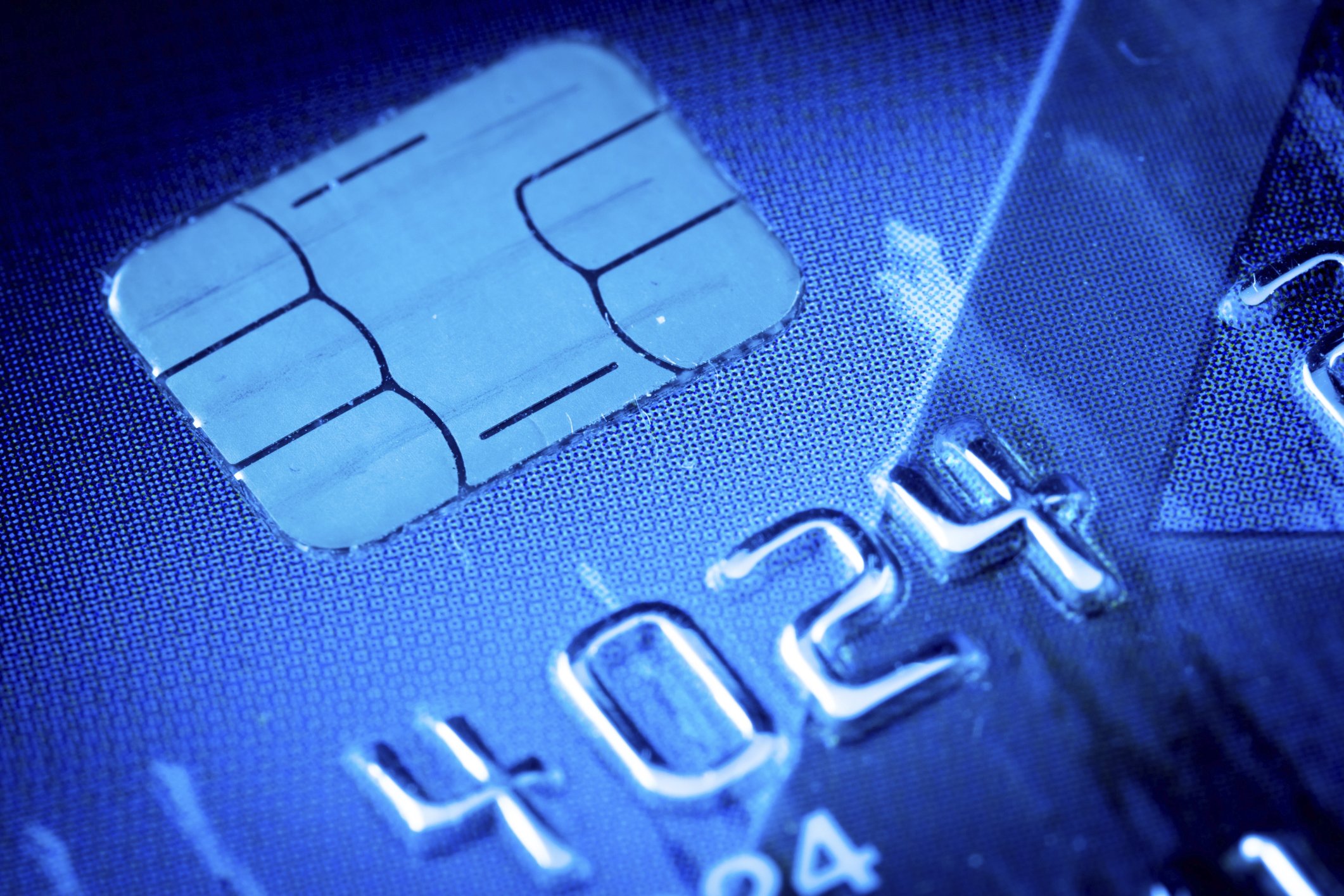
The approaching new year gives us all an opportunity to remedy financial mistakes — or at the very least, learn from them. But if you find yourself repeatedly visited by the ghosts of credit cards past, there’s a good chance you don’t know exactly where you’re going wrong. To help you break the cycle in 2016, here are some common mistakes consumers repeat every year.
1. Forgetting the Basics
Credit cards come equipped with a lot of bells and whistles and it can be easy to get distracted by (or overly focused on) the rewards game. But it’s good to remind yourself that all the rewards in the world won’t make up for the damage a missed payment or large balance can do to your credit score. Plus, most points will be lost to interest if you don’t pay your purchases off in full each month. If you’re consistently committing a big credit faux pas (like, say, opening up a store card and then forgetting to pay the first bill), you may want to master the basics this year: pay all bills on time and keep balances low (below at least 30% and ideally 10% of their available credit limit).
“Many folks carry more than one-third of their limit and then think that by just making the minimum monthly payment they can maintain or build good credit,” Thomas Nitzsche of ClearPoint Credit Counseling Solutions, said in an email. In fact, maxing out your credit cards is viewed as a red flag that you may be over-extending yourself and will likely drop your credit score.
2. Squandering a Good Balance-Transfer Offer
Lots of consumers turn to balance-transfer credit cards in the new year as a way to pay off lingering debts at low-to-no-interest. But some borrowers may forget that the 0% financing on these offers expires after a set period of time, said Bruce McClary, vice president of public relations and external affairs at the National Foundation for Credit Counseling. And, when that happens (usually 12 to 18 months after the account has been opened), you may find yourself paying an APR that’s higher than the one your old card featured or, worse, you could be saddled with retroactive interest. As such, “you need to make sure you’re paying off the balance before the intro rate expires,” McClary said, so you don’t lose money on the deal. (Keep in mind, you’ll likely also have to pay a fee for the balance transfer.)
You also may want to put that new credit card on ice once it arrives in the mail, since you won’t have an easy time paying off the debt you transferred if you run up new charges. Consumers who use all of that new available credit could “double the debt they had at the beginning of the year,” McClary said. “That can cause them to fall behind on payments and that can have a ripple effect.”
3. Closing All Your Old Cards or Opening Too Many New Ones
People who have paid down their credit card debt may be inclined to close out all of the cards that got them into trouble in the first place. But doing so could hurt your credit score, McClary said, since the loss of that credit line could put you over the aforementioned 10% to 30% credit utilization rate. Instead of rushing to lighten your wallet, “it’s very important not to overcorrect and to come up with a better strategy that involves paying down your debt and responsibly closing credit cards in way that’s phased over time,” McClary said.
Similarly, consumers who have recently shaped up their credit score shouldn’t rush to apply for new credit cards. While new perks may be nice, too many credit card applications could hurt your credit score and “affect your ability to borrow for other things,” McClary said. Instead, it’s better to slowly add new payment methods when your score and your wallet can handle it.
4. Forgetting to Monitor Statements
“We regularly see clients who come in with bags of unopened statements,” ClearPoint’s Thomas Nitzsche said.
But turning a blind eye on your credit card bills could lead to bigger financial woes. For instance, you may not readily spot fraudulent charges. You also might miss new fees or recurring charges that service providers may have added to your monthly statements linked to your financial accounts.
This year, you should keep a close eye on all of your credit card and debit card accounts — even if they’re on auto-pay — and review monthly statements from the other companies you do business with to make sure you’re being charged correctly.
5. Ignoring Your Credit Until You Need It
Some consumers will similarly forget to monitor their credit until it comes time to apply for a loan or fill out other applications that elicit a credit check.
“We see many folks who come to us trying to make a major purchase, get a job with a security clearance or get married and have their credit ‘cleaned up’” Nitzche said. “They often want this to happen quickly in order to move on with their goals, but the problem is that credit is not quickly improved especially if you have a blemished past.”
Forgetting to regularly monitor your credit could also preclude you from spotting instances of identity theft, since mysterious line items on your credit report, like false addresses, unfamiliar loans or even a sudden drop in your credit score, are signs that serious fraud may be occurring.
This year, try to make a commitment to keeping an eye on your credit. You can pull your credit reports for free each year at AnnualCreditReport.com and see your credit scores for free each month on Credit.com.
This article originally appeared on Credit.com and was written by Jeannine Skowronski.










